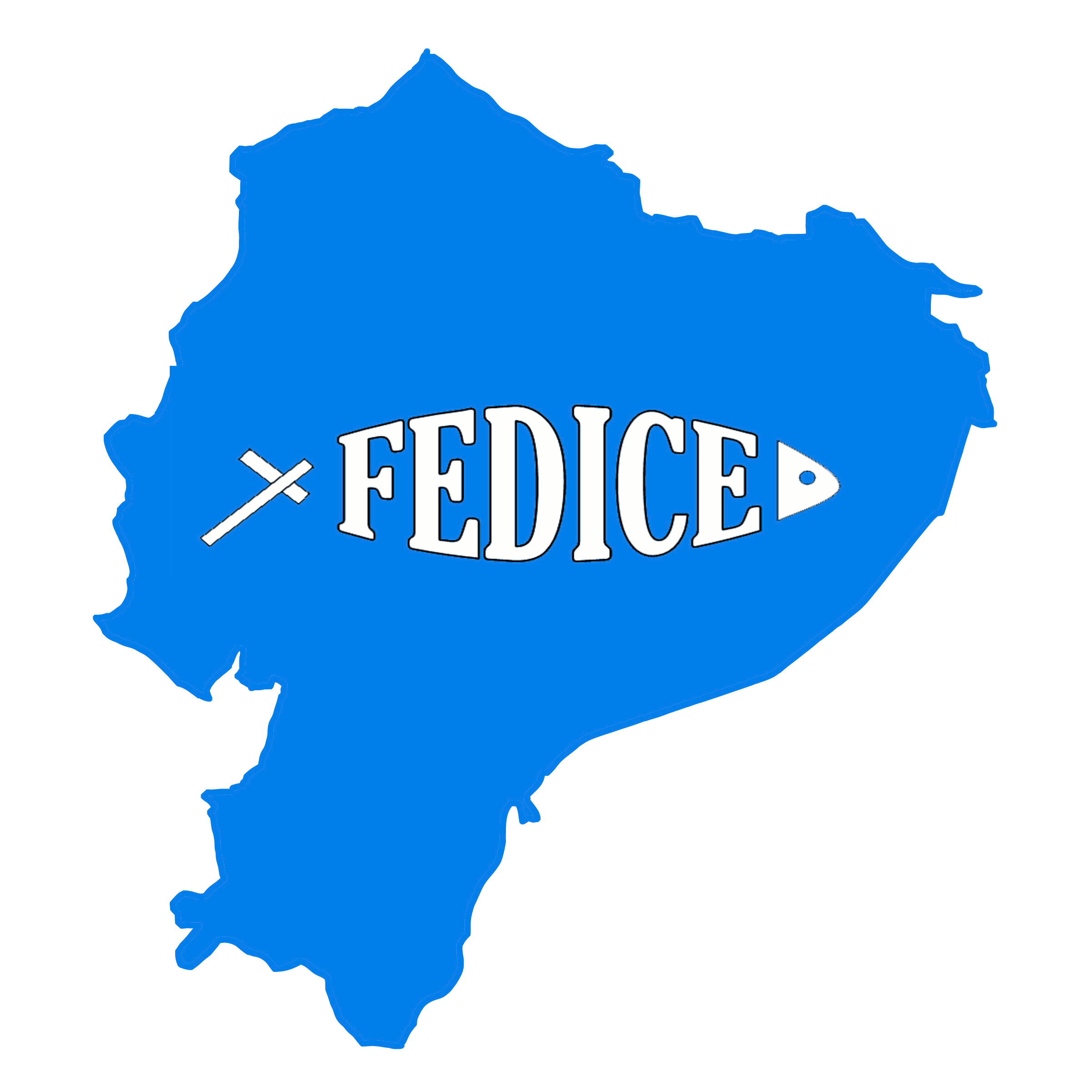SHEEP AND BOVINE PRODUCTION PROJECT
COMMUNITY OF MACA ATAPULO
1. LOCATION:
Province: Cotopaxi
Canton: Pujilí
Parish: Poalo Yacubamba
Community: Maca Atapulo
2. BENEFICIARIES: 24 women
3. BACKGROUND
Maca Atápulo is a community that belongs to the rural parish of Poaló in the canton of Latacunga, in it there is an organization of 24 families that have been working with FEDICE on productive projects, for which they request a new loan from the Foundation of $19,200 for the purchase of sheep and cattle.
FEDICE presents credit policies. The term agreed between the foundation and the organization is 2 years. The organization of 24 families has complied with the institutional policies, in terms of attendance at training, care of productions, economic management and timely payment of credit, which makes us continue working with a new project.
4. TIPE OF PROJECT: Sheep and bovine production.
The number of beneficiaries for this project proposal is 24 families requesting a credit of $19,200. Each family will receive $800 for the purchase of 5 improved sheep: 4 females and 1 male and 2 bulls.
5. OBJETIVES
General objective:
Improve the organizational, economic and technical standard of living of the families of Maca Atapulo around the productive project, taking advantage of natural resources and available labor, generating employment and income.
Specific objectives:
-
Strengthen the organization with the associated work of its members from the environment to the productive project.
-
Improve the breed of sheep and cattle in the community with the introduction of improved animals.
-
Create sources of work to avoid migration.
-
Train the group in theoretical-practical aspects of the technical management of sheep and cattle raising.
6. PROJECT DEVELOPMENT
The project will be carried out as follows:
-
Coordinate activities with the producers so that the project has normal compliance with FEDICE for the preparation, implementation, installation, monitoring, training and evaluation of the project.
-
-
Equitably distribute the resources $ 800 to each beneficiary in the form of credit for the installation of the project. They will sign a bill of exchange or promissory note.
-
-
Purchase of animals, according to technical specifications.
-
-
Recover the interest of $120 the first year and the second year recover the capital $800 and the interest of the second year, this is $120 per family. and create a rotating fund to give new internal credits.
-
-
The Beneficiaries must actively participate in the preparation and implementation of the project; Contributing with the sowing of grass 2500 square meters to guarantee the feeding of sheep and cattle.
-
-
Actively participate in the different trainings that FEDICE will give, every month.
-
-
Contribute with transportation for the purchase of animals and labor for planting pastures and for the care of animals and the purchase of animals, at fairs or in nearby communities.
-
-
Submit production and reproduction reports
-
-
Fully pay the reimbursable fund to the board.
-
-
Receive the loans with interest assigned by the organization.
-
-
The organization will receive a credit of $19,200 towards the purchase of animals.
-
-
joint evaluation
7. FINANCING
8. MONITORING AND EVALUATION
The follow-up of the activities will be carried out through: home visits to verify the productions, meetings to analyze difficulties and solve existing problems, recommendations and planning of activities. The families involved in the project will participate.
The activities to be carried out will be compiled through reports, records and photographs, which will serve for analysis in the evaluation.
The progress of the project will be evaluated fairly in terms of the objectives set, in the plan of activities, budgets, goals and impacts. It will be carried out through: visits, interviews with the beneficiaries, meetings, among others. All the families involved in the project will participate in this process.



